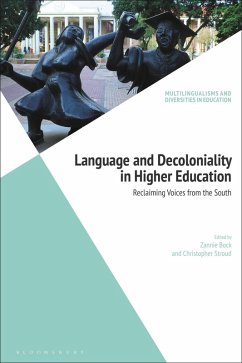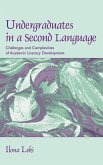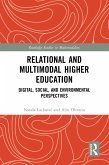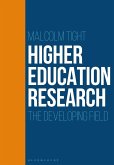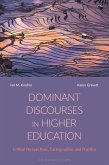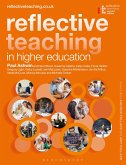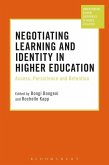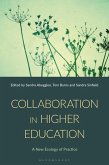Language and Decoloniality in Higher Education brings together a collection of diverse papers that address, from various angles, the issue of decoloniality, language and transformation in higher education. It reflects the authors' cumulative years of experience as educators in higher education in different southern contexts. Distilled as case studies, the authors use a range of decolonial lenses to reflect on questions of knowledge, language and learning, and to build a reflexive praxis of decoloniality through multilingualism. Besides a number of decolonial persepectives which readers will be familiar with, this volume also explores a conceptual framework, Linguistic Citizenship, developed over the past two decades by scholars in southern Africa. In this collection, Linguistic Citizenship is used as a lens to 'think beyond' the inherited colonial matrices of language which have shaped this region (and many other southern contexts) for centuries, and to 're-imagine' multilingualism - and semiotics, more broadly - as a transformative resource in the broader project of social justice. Although each chapter has firm roots in the South African context, these studies have much to offer others in their 'quest for better worlds'. Of particular interest to global scholars are the authors' recounts of how they have grappled with leveraging the country's multilingual resources in the project of promoting academic access and success in the face of historical hierarchies of language and social power.
Bitte wählen Sie Ihr Anliegen aus.
Rechnungen
Retourenschein anfordern
Bestellstatus
Storno

